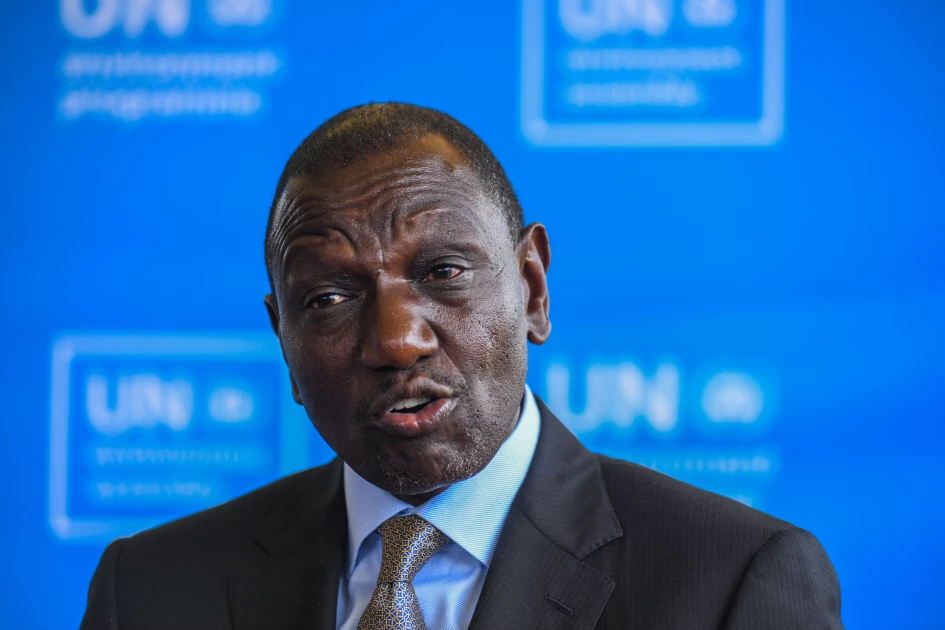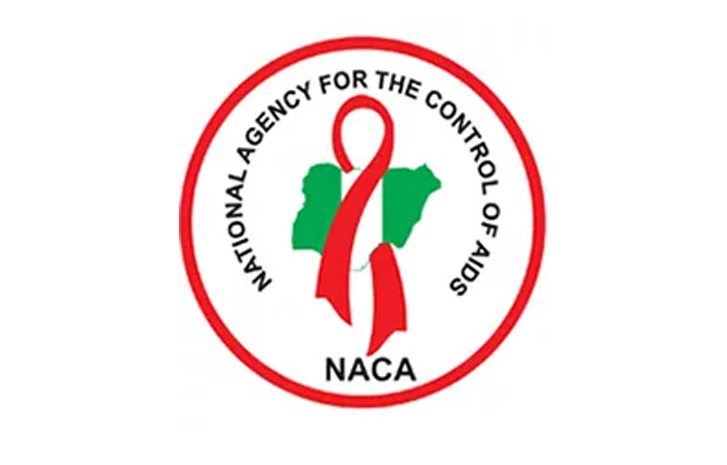Kseniia Ostrizhna always dreamed of becoming a health-care worker. “As a child, I would say, ‘As soon as I grow up, I will become a doctor,’” she recalls.
Inspired by the lifesaving work of ambulance teams, she aspired to join their ranks. “The sound of ambulance sirens always moved me deeply, even to the point of tears. I didn’t fully understand my feelings back then, but I felt immense gratitude toward those workers. That’s when I decided to dedicate myself to emergency medical care,” Kseniia shares with a smile.
Today, Kseniia works as an emergency medicine doctor in Kramatorsk, her hometown, located less than 20 kilometres from the front line. In addition to her clinical duties, she teaches emergency and urgent medical care, sharing her expertise with her students.
A growing concern highlighted by the WHO Surveillance System for Attacks on Health Care (SSA) in Ukraine is the increased risk faced by ambulance workers and health transport personnel, whose likelihood of injury or death is three times higher than that of other health-care workers. Kseniia acknowledges the dangers she and her colleagues face daily.
“We understand that we are in constant danger,” Kseniia explains. “The alarms are relentless. Even during shelling, we still respond to calls, fully aware of the risks. If something happens nearby, well, that’s fate.”
She recalls a tragic mass casualty incident – the shelling of the Ria Pizza café. “The missile struck during lunchtime, when many people were inside. The devastation was overwhelming,” she says solemnly.
To enhance her ability to respond to such crises, Kseniia participated in WHO training sessions focused on trauma management. “We had an incredible international team working with us. Beyond sharing knowledge, they inspired us with their passion for development and their perspective on emergency care. This has energized me and enriched my understanding of emergency medicine,” Kseniia reflects.
She emphasizes the importance of passing on what she has learned to her students. “As a teacher, I feel a responsibility to disseminate the knowledge I’ve gained and help strengthen the skills of the next generation of emergency responders.”
With support from the European Union, WHO continues to deliver emergency training for frontline workers in Ukraine, enhancing the country’s capacity to respond effectively to health emergencies.











